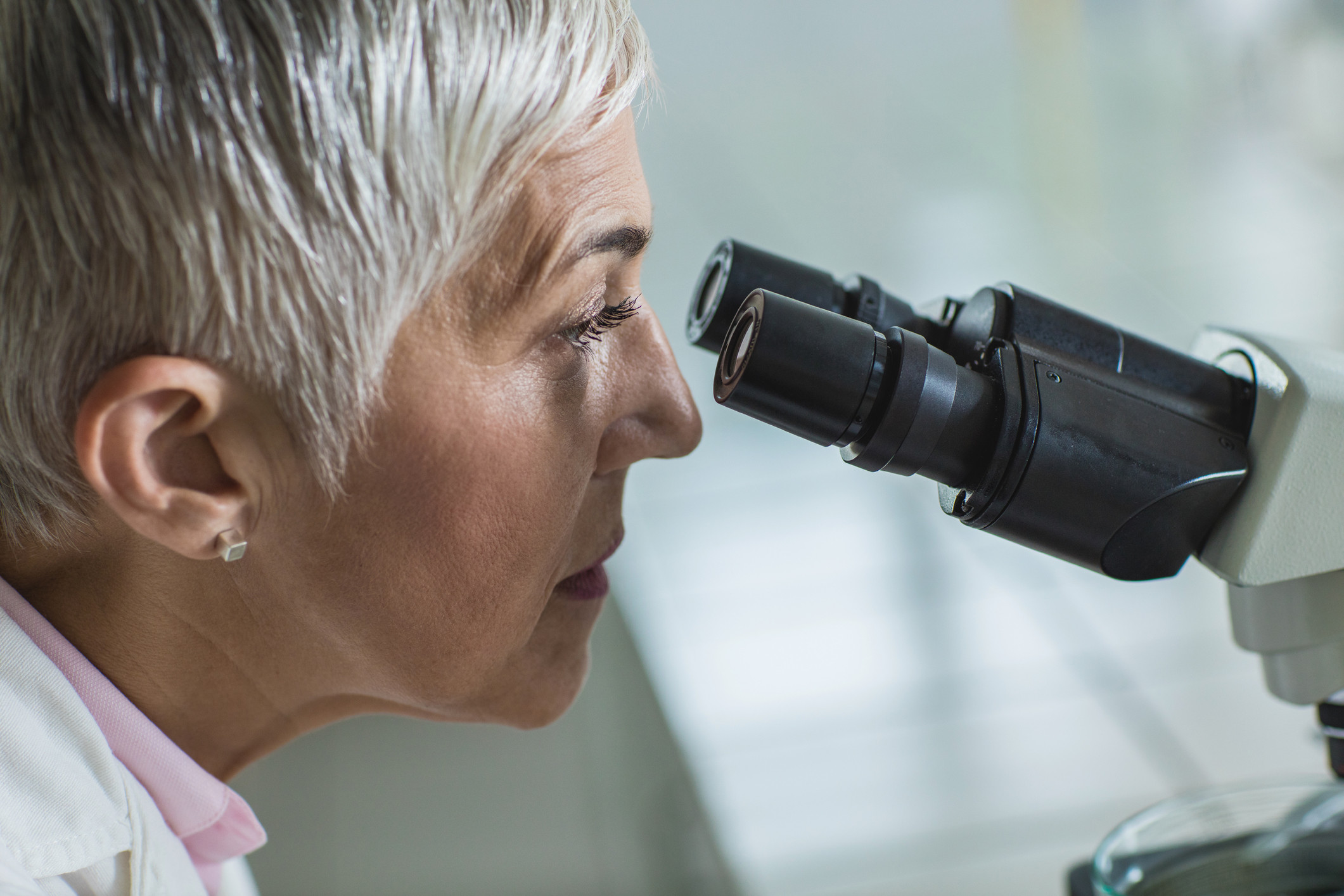Scientists have found the enzyme responsible for youthful skin, a reason behind why our skin ages.
A pioneering study at Newcastle University conducted by Mark Birch-Machin, Professor of Molecular Dermatology concluded that ‘mitochondrial complex II’ ceases to function as we age. The enzyme plays a vital role in the preservation of our skin.
Some of the fruits are starting to show from the government’s £20m investment in 2014 for Newcastle University and their institution, the National Centre of Ageing and Innovation towards anti-ageing research and methods.
The Next Steps
Now the enzyme has been discovered scientists can work towards a formula that specialise in it’s repair and maintenance, if the enzyme’s activity is increased again it may be able to partially restore the ageing effects it’s impairment causes.
Birch-Machin explains, “There is now a possibility of finding anti-ageing treatments which can be tailored to differently aged and differently pigmented skin, and with the additional possibility to address the ageing process elsewhere in our bodies.” Meaning we will be able to treat ageing with more precision and accuracy to have a greater effect.
The study measured complex II in 27 donors aged 6 – 72, sampling from a sun-protected area of the skin. The very fact that the sample was from sun protected skin brings attention to the danger of unprotected sun-exposure and how it can prematurely age the skin.
Dr Amy Bowman,Research Associate at Newcastle University’s Institute of Cellular Medicine, explains: “Our work brings us one step closer to understanding how these vital cell structures may be contributing to human ageing, with the hope of eventually specifically targeting areas of the mitochondria in an attempt to counteract the signs of ageing.”
A step in the right direction for anti-ageing and now with the knowledge it’s an encouraging sign that more effective treatments will follow.
See Newcastle’s press release here and find the study here.





